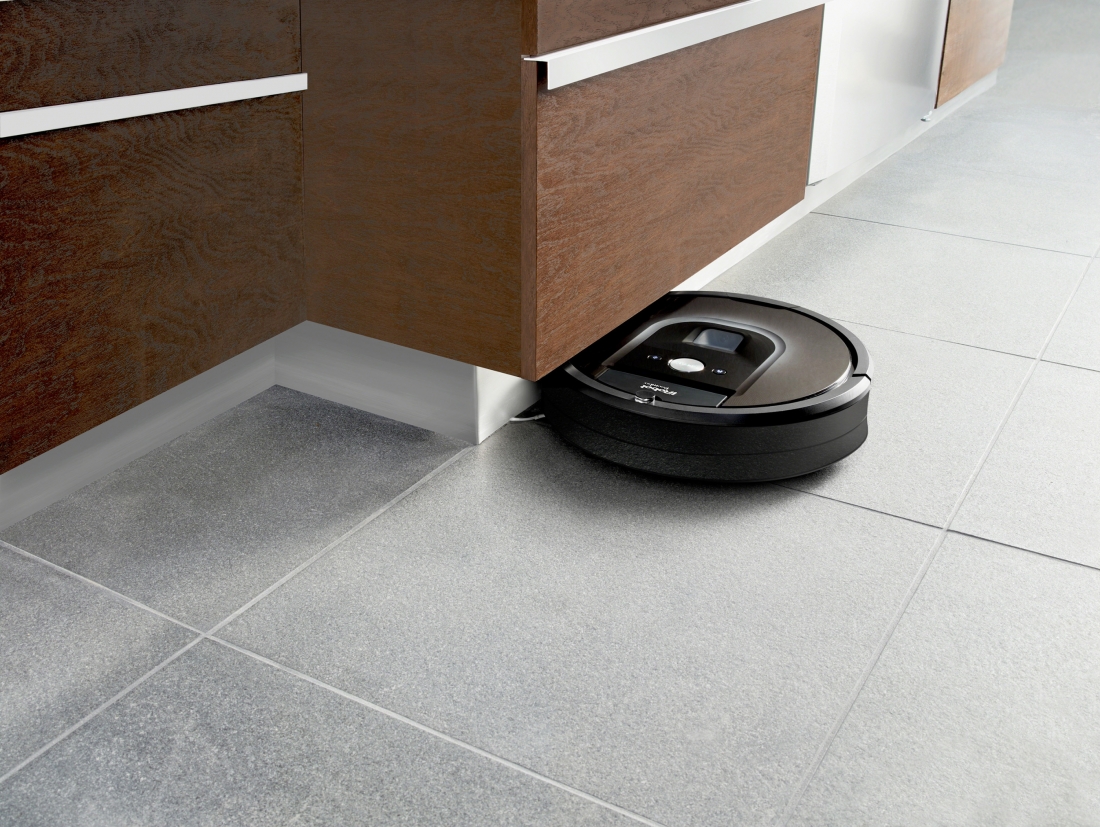Update: iRobot provided TechSpot with the following statement on the matter.
"iRobot does not sell data customer data. Our customers always come first. We will never violate our customer's trust by selling or misusing customer-related data, including data collected by our connected products. Right now, the data Roomba collects enables it to effectively clean the home and provides customers with information about cleaning performance. iRobot believes that in the future, this information could provide even more value for our customers by enabling the smart home and the devices within it to work better, but always with their explicit consent."
iRobot, whose Roomba line of robotic vacuums are a favorite among felines, has come up with a new revenue-generating strategy that doesn't involve selling you another cleaning machine.
Roombas, as you likely know, don't traverse your floors on a wing and a prayer. The company's Roomba 980, for example, utilizes iRobot's iAdapt 2.0 navigation system which allows the machine to map your floors while avoiding obstacles. Mapped data is then used during future runs to help the vacuum more efficiently clean your floors.
It's this mapped data that iRobot is now looking to monetize.

In a recent interview with Reuters, iRobot CEO Colin Angle said there's an entire ecosystem of things and services that the smart home can deliver once you have a rich map of the home that the user has allowed to be shared.
Guy Hoffman, a robotics professor at Cornell University, said regularly updated maps could allow air conditioners to schedule airflow by room, smart lights to adjust according to the position of windows and the time of day and sound systems to match the acoustics of a home.
Who'd buy the data, you ask? Well, the publication listed the "big three" as Amazon, Apple and Google parent company Alphabet. Angle said a deal could be reached with any of these companies within the next couple of years (or maybe, one of those companies will come knocking with a pile of cash large enough to buy the company outright).
Privacy would no doubt be a concern for some although Angle said he was confident that most users would consent in order to gain access to smart home functions.
Second image courtesy IBRoomba, Flickr
